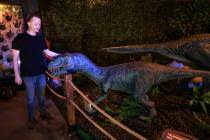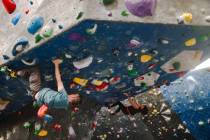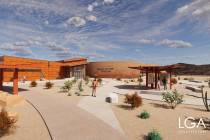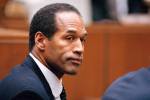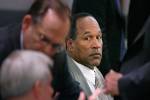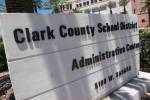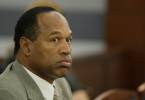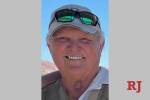Local organizations aid breast cancer patients
Every newly diagnosed breast cancer patient faces a journey that is as individual as they are. But a host of local programs means they don't have to go it alone.
Local hospitals and nonprofit organizations offer assistance with an array of issues, such as transportation to medical appointments, financial assistance, peer support, even skin care and makeup classes to help women look and feel better while undergoing treatments.
Among the organizations offering help is the American Cancer Society, which raises money for local breast cancer programs through its Making Strides Against Breast Cancer event. According to Jennifer Campbell, American Cancer Society's senior director of community engagement, Great West Division, the programs are critical in giving back a sense of control to those who may feel they have nowhere to turn.
"There are great outcomes for those who engage in fighting back against their own disease and wanting to feel like themselves, and we really do have a phenomenal network of support that starts at the American Cancer Society. We have thousands of volunteers in this valley that are all here fighting for those who have been diagnosed with cancer each day," she said.
Two of the major issues in fighting breast cancer are early detection and helping those who lack insurance or are underinsured get the medical services they need, according to Stephanie Kirby, executive director of the Susan G. Komen Southern Nevada. She watched the local uninsured rate "skyrocket" during the recession and noted that the foundation gets calls all the time from those who are overburdened because of medical expenses.
One of the support programs she calls "the gold standard" and a recipient of Komen foundation funds is the R.E.D. Rose Program (R.E.D. standing for Responsible Early Detection) of the St. Rose Dominican Health Foundation. While so many services target women 50 and older, this one fills an important gap by helping low-income women under 50 who lack adequate health care coverage or the financial means to obtain it.
Those who qualify are able to receive services such as mammograms, ultrasounds and biopsies and, in some cases, qualify for financial assistance "so somebody doesn't have to make that decision, whether they go to the doctor or they keep the roof over their head that month," she said.
"It's just really evolved over time to become this amazing, amazing direct-service provider program. Even our other grantees refer to the R.E.D. Rose Program," Kirby added.
Another vital program is the Nevada Health Centers Mammovan, a mobile vehicle that travels throughout the state, including underserved rural areas, providing free mammograms regardless of whether or not someone has insurance, Kirby said.
This month it offers screenings in places such as Reno, Yerington and Carson City, then travels to the Las Vegas area at the end of the month, including stops at University Medical Center, the Las Vegas Motor Speedway and Nevada Health Centers. More information, as well as the monthly schedule, can be found on the Nevada Health Centers website at nevadahealthcenters.org.
Once someone has been diagnosed with cancer they usually have more questions than answers, which means personal support and assistance can be key, according to Campbell. The American Cancer Society has a Patient Navigator program at Sunrise Hospital and Medical Center, overseen by a medical professional who assists patients with a full spectrum of issues, such as help finding financial assistance, transportation to appointments, psychological support and information on breast cancer treatments.
Another program is called Reach to Recovery, she said. Through this service, breast cancer survivors are trained to counsel breast cancer patients who need advice or support. Sometimes the relationship could be one question-and-answer session over the phone, other times counselors regularly meet with the clients or perhaps go with them to their treatments or appointments, Campbell said.
"(The counselors) are at a place where they can say, 'OK, this is what you can expect, this is what happened to me and you can do this and, you know, we're here to support you,' " she said.
Campbell noted that one extraordinary aspect of the breast cancer community is that so many survivors are passionate about reaching out to others and letting them know they are not alone. At the same time, there's definitely a need for the outreach they provide; approximately 1,600 women in Nevada were diagnosed with breast cancer each year from 2008-2012.
"There are so many women who are touched by breast cancer, it is one of the most commonly diagnosed cancers in women, so there's a larger network of people who reach out for that specific information and specific kind of partnership, so to speak, or support, so it is unique," she said.
Those interested in more information about these programs can call the American Cancer Society at 702-798-5938 or Susan G. Komen at 702-822-2324.








